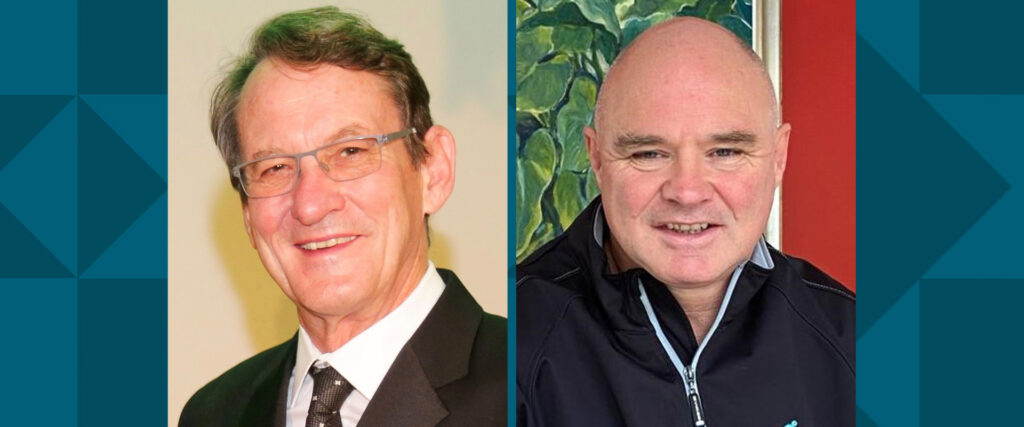MAIN IMAGE: Jan le Roux, Rebosa CE; Neil Raymer from Labourwise Compliance Solutions
Staff Writer
With the PP Act and Regulations now in full force as of 1 February, property practitioner firms (business property practitioners or estate agencies, inclusive of sole proprietors) will not be able to apply for or renew their Fidelity Fund Certificates (FFCs) without submitting a valid BEE certificate.
This will occur every three years. FFCs must be renewed before 31 October which necessitates urgent steps in this regard.
The question that arises is what constitutes a “valid BEE certificate” and what should real estate businesses do to obtain it timeously.
Rebosa consulted Neil Raymer at Labourwise Compliance Solutions who advised that a valid B-BBEE Certificate includes a non-compliant recognition level if issued by a SANAS accredited B-BBEE Verification Agency.
In the 6 May edition of the Property Professional, Portia Tau-Sekati, CEO of the Property Sector Charter Council said, “although every agency must get the B-BBEE certification, there is no specific level of compliance needed”.
All firms with a turnover in excess of R2,5 million per annum (based on most recent financials), have to undergo a formal verification audit in order to obtain a BEE certificate. This can only be carried out by a SANAS registered verification agency.
Rebosa has negotiated a preferential rate for the industry, details of which can be found at https://www.rebosa.co.za/b-bbee-and,-tax-clearance-certificates/
All firms with a turnover less R2,5 million per annum (based on most recent financials and known as Exempted Micro Enterprises or EME’s) shall automatically qualify for a level 4 BEE rating. These firms simply have to present a prescribed affidavit signed by a commissioner of oaths which serves as a BEE certificate. The affidavit can be downloaded from Rebosa’s website. However, once they exceed the R2,5-million threshold they have to undergo a formal verification audit to obtain a BEE certificate.
“It is unfortunate that the legislator found it necessary to include this requirement in the Act. As no minimum level is required it seems obvious that the objective is to obtain information about the state of transformation in the industry. This could just as easily have been obtained by analysing the available data at the PPRA. Even at a greatly reduced fee of R6000 (most verification agencies are quoting much more) the cost to industry is probably way more than R30 million.
“While transformation is vital and top on our agenda this seems like an unnecessary expense. Can the information so gleaned be worth as much? Once every three years? Surely the fact that only 25% of practitioners are Black, already speaks to an untransformed industry”, says Jan le Roux, CE of Rebosa.
The new Act mandates the creation of the Property Sector Research Centre described as a central repository of expert knowledge on pre-determined areas of the transformation of the property sector in South Africa. This will come at more expense.
Money might well have been better spent on recruiting and training new property practitioner candidates from previously disadvantaged backgrounds to aggressively fast track transformation.
With the focus on transformation and promotion of an inclusive and integrated property sector, it would be advantageous for any property practitioner business to invest time and money into the recruitment and training of new property practitioner candidates from historically disadvantaged backgrounds.








